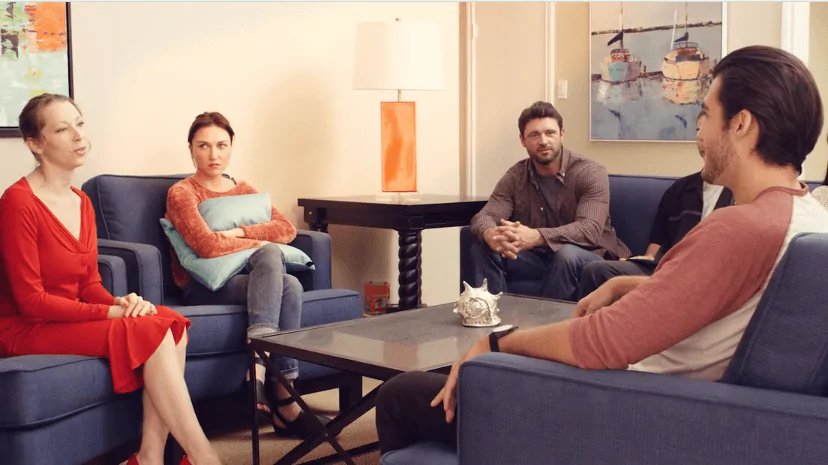24/7 Helpline:
(866) 899-221924/7 Helpline:
(866) 899-2219
Learn more about OCD Treatment centers in Archuleta County

Other Insurance Options

BlueShield

Holman Group

Regence

Access to Recovery (ATR) Voucher

Choice Care Network

Multiplan

Sliding scale payment assistance

State Farm

Group Health Incorporated

Evernorth

Horizon Healthcare Service

ComPsych

Health Choice

Carleon

Anthem

Cigna

Providence

American Behavioral

Medical Mutual of Ohio

Oxford













Pagosa Recovery Center
Pagosa Recovery Center is a private rehab located in Pagosa Springs, Colorado. Pagosa Recovery Cente...









